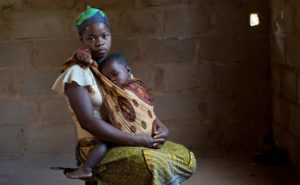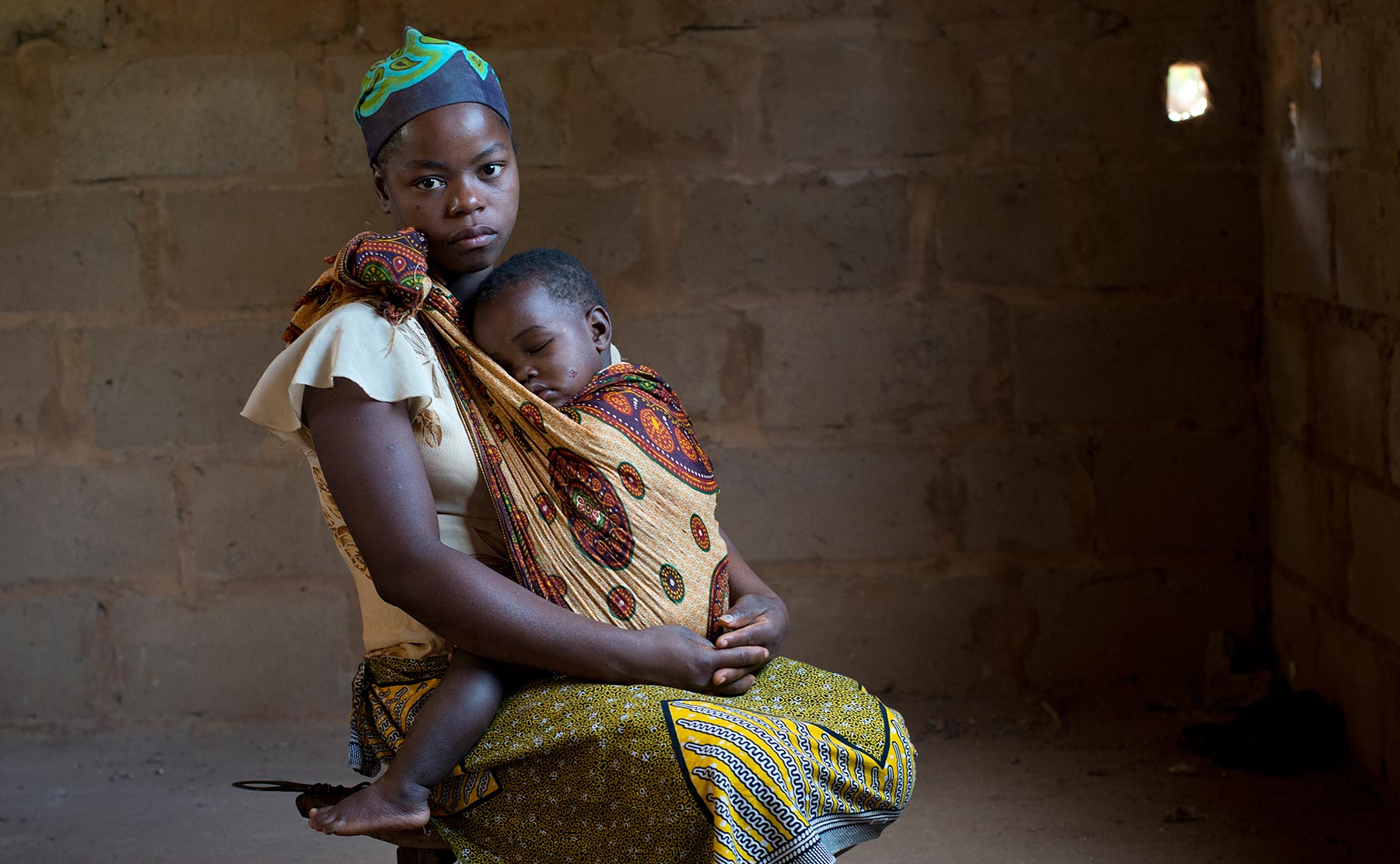Social and sexual inequality – Ella Finch’s diatribe
A 13 year old girl cries in the corner of a small room. She was married against her will to a man five times her age and was taken out of school by her parents solely for this reason. Now she is forced to care for the child she didn’t agree to conceive whilst her husband works all day long. She’s dying. She’s suffering from internal bleeding and has no access to proper medical care, but she doesn’t dare mention it to her husband in fear of being thrown out onto the street along with the child. He won’t agree to pay for her treatment. She might’ve been able to support herself had she not been taken out of education by her parents to be taught how to be a “good wife”. However, she now has no chance of securing herself a well-paid job. On the other side of the room, the baby starts to cry.

Child marriages violate young girls’ rights to health, education and opportunity. It exposes them to violence throughout their lives and traps them in a cycle of poverty. Moreover, child marriages are a huge hindrance to at least six of the Sustainable Development Goals and so are preventing LEDCs from developing and becoming MEDCs. Child marriage is fuelled by gender inequality, poverty, restrictive traditional or religious practices and insecurity – all things that we should be trying to eradicate from the world. Child marriage isn’t, however, as some people think, connected to one place or religion. It is something that happens globally in several cultures and so solutions to this problem will have to be local and contextual. One in three girls around the world are married before they turn 18. Moreover, victims of arranged child marriages are often forced to have children whilst still very young, and so every year around seventy thousand girls die in labour because their bodies aren’t ready for childbirth. For girls under the age of fifteen, the chance of being forced to marry is one in nine and furthermore some girls are married as young as five years old. A world where a child’s whole life is decided for them before they’ve even had the chance to start education, let alone finish it, just because of their gender, is not a world that we should be living in today in the 21st century.
Many girls are pushed into child marriages by their parents due to religious views regarding the “importance of preserving a girl’s virginity” and, by extension, the family honour. However, the simple lack of knowledge about what being a virgin actually is is what causes this problem. In fact, if the women in these had access to proper sex education they might know that you don’t just the physical result of losing your virginity by taking part in sexual intercourse, can also occur in a variety of other ways including. This is something that not enough people know about. The social construct of virginity that most people believe in today as marking a girl as “pure” and “special” is ridiculous and leads to more harmful social constructs such as ‘slut shaming’. In some countries the idea of virginity is so sacred that girls whose hymens break before their wedding night are forced to resort to various tricks to ensure that they bleed so that they are not turned away by their husbands and disowned by their family. They do things such as cut themselves, some even going so far as to put animal blood in their vagina, so that there will be blood on the sheets for their husband to see. You may be thinking, ‘which strict religion do these people follow?’ In fact they don’t follow any specific religion. This is happening all over America and other places such as Turkey, where the female suicide rates have more than doubled since virginal clinics started doing hymen checks so that parents can know if their child is a virgin or not; that’s how strong the idea that an intact hymen proves virginity is and how harmful the effects of this attitude can be.
What I believe is worse about this whole ideal is the fact that the man is under no obligation to prove his own virginity. This difference in attitude towards virginity based on gender is a social construct that exists even in today’s society. As advanced as we are, we still base someone’s worth on their sexual status – for men they have to have a lot of sex in order to gain “lad points” whereas a girl is supposed to stay a virgin until marriage otherwise she is labelled as a “whore” or a “slut”. It is at this point, whilst considering this ridiculous concept, that I would like to quote one of my favourite authors, John Green. He refers to having been with a variety of sexual partners metaphorically as having tried a variety of cereal brands as he says, “imagine if I started eating Cheerios for breakfast, would Cheerios be like, ‘I’m the 48th cereal you’ve tried eating?! I don’t feel special!’ Well then screw you Cheerios. I can’t go into the past and un-eat all those cereals, but that doesn’t mean I don’t genuinely enjoy your whole-grain crunch”. This is an attitude that I believe we should learn to have towards virginity in today’s society. Now, whilst on this topic, I would also like to touch upon society’s double standards towards women regarding virginity. Women who have a lot of sex, as I have mentioned, are labelled as “sluts” and countless other names, yet if a woman doesn’t have sex she is called a “prude” and is called “frigid”. Society seemingly can’t make up its mind on how sexually active a woman “should” be, possibly due to the fact that it isn’t society’s choice – no matter how much people believe it is. I’ll say this again and again until people realise how stupid society’s views on virginity are – a woman can decide what she wants to do with her own body and she should not face prejudice for her choices. I could go on to expand upon how mixed views regarding what society wants women to do with their bodies creates (and supports existing) rape culture, but that would be another article entirely (one written by Rosy Trewin-Marshall and awaiting publication – ed.!).
Unfortunately, if I were to try to cover all of the social inequality that woman face every day in this article, it would turn into a modern day egalitarian version of The Neverending Story. Also, although I have focused mainly on women’s problems in this article, I do acknowledge that men face problems in society as well. However, I have chosen to write about the prejudice against women this time so that this article doesn’t end up being ridiculously long. And so, with that notion in mind, goodbye.















1 comment